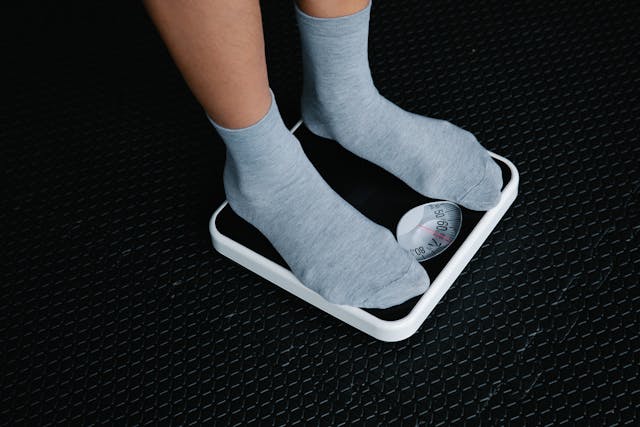Adults aged 65 and older who lose more than five per cent of their body weight, or whose weight fluctuates by this amount over time, may face an accelerated risk of cognitive decline. This conclusion comes from a study led by researchers in the Department of Nutritional Sciences at Penn State, whose findings were recently published in Obesity.
“We examined over a decade of information on weight, body mass index, and waist circumference,” explained Muzi Na, associate professor of nutritional sciences and senior author of the study. “Using three different analytic approaches, the pattern was unmistakable: the greater the year-to-year variation in a person’s weight, the faster they experienced cognitive decline.”
The research team drew on data from 4,304 older adults who took part in the National Health and Aging Trends Study between 2011 and 2021. In addition to weight-related measures, the dataset included annual assessments of memory, orientation, and executive function. These variables were combined into a composite index of cognitive ability, allowing the team to track trajectories of decline. Apart from minor adaptations necessitated by the COVID-19 pandemic, the data were gathered consistently each year.
As Na observed, it is natural for cognitive ability to diminish gradually with age, and the study confirmed this trend across the sample. However, participants whose weight varied most dramatically displayed markedly faster declines. When grouped according to weight stability, those with the least variation experienced the slowest decline. In contrast, those with the most significant variation suffered two to four times the rate of cognitive deterioration. The association remained significant when examining fluctuations in waist circumference and body mass index.
Further analyses revealed that both a weight loss of at least five per cent and repeated cycles of losing and regaining this amount were strongly associated with steeper cognitive decline. These findings, Na noted, highlight the potential dangers of unstable weight in later life. Interestingly, participants who gained weight over time showed similar levels of cognitive decline to those whose weight remained stable. However, Na emphasised that this should not be interpreted as a recommendation for older adults to gain weight.
“Obesity during mid-life is a well-established risk factor for cognitive decline in later years,” Na explained. “Yet there is also an ‘obesity paradox’ in which late-life obesity has been linked with healthier cognitive trajectories. The interplay of age-related muscle loss and fat gain is highly complex, and our study does not imply that gaining weight is beneficial for older adults.”
The findings suggest that tracking weight stability could be an important tool in safeguarding cognitive health. Still, Na warned against relying solely on occasional doctor’s appointments for monitoring. “Weight can be measured inconsistently in clinical settings,” she said. “Clothing, footwear, and other factors can skew results. Older adults should aim for consistent at-home tracking, such as weighing themselves at the same time each morning after waking, before breakfast, and after using the bathroom, while wearing the same type of clothing. This approach offers more reliable information, and if changes appear, they should be shared with physicians.”
More information: Muzi Na et al, Variability in body weight and body composition and cognitive trajectories in older adults in the United States, Obesity. DOI: 10.1002/oby.24309
Journal information: Obesity Provided by Penn State








